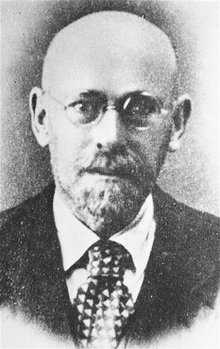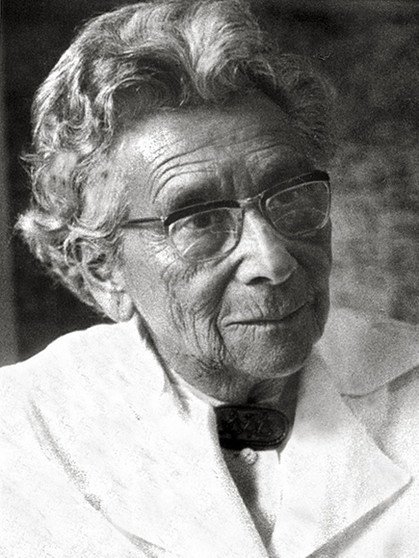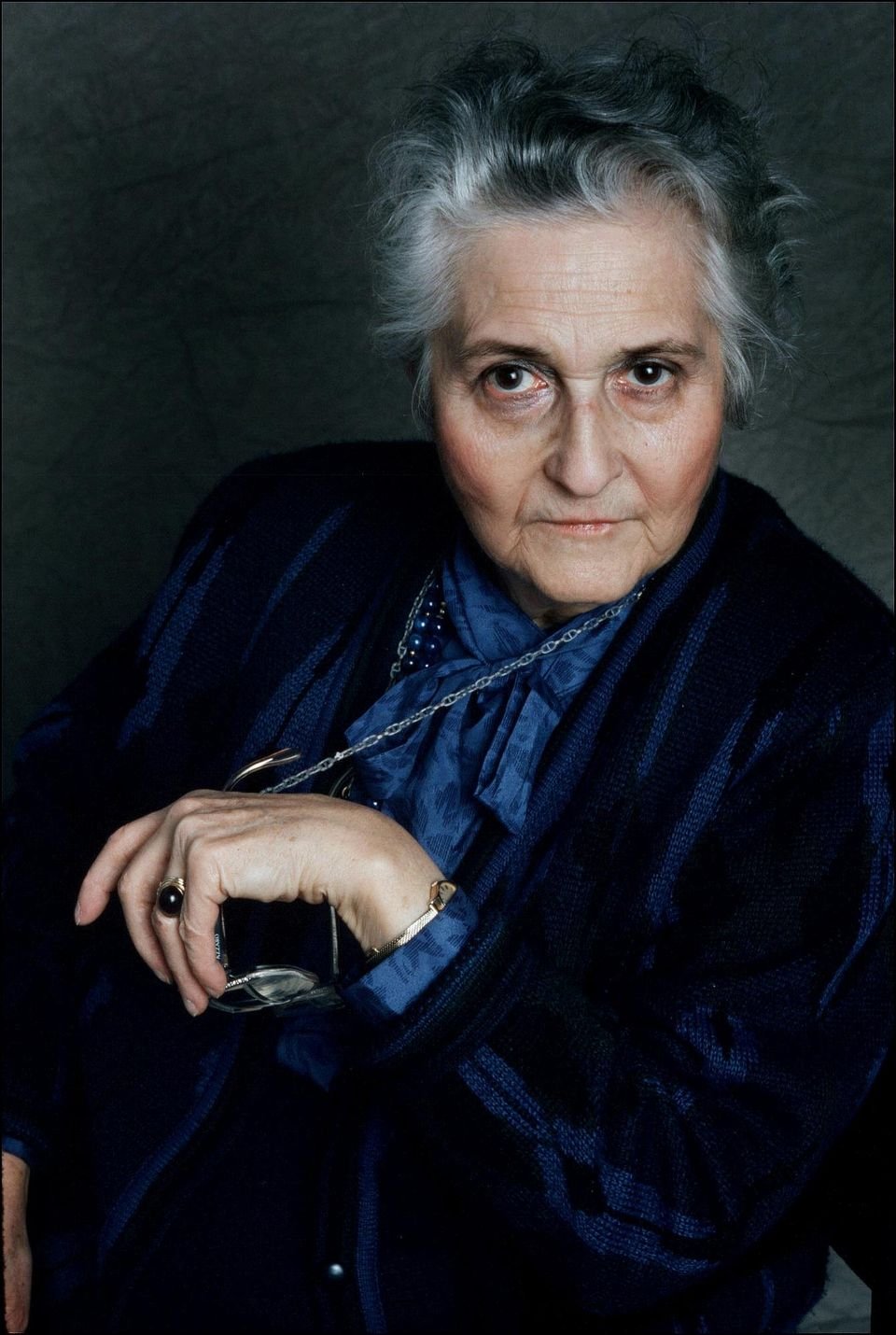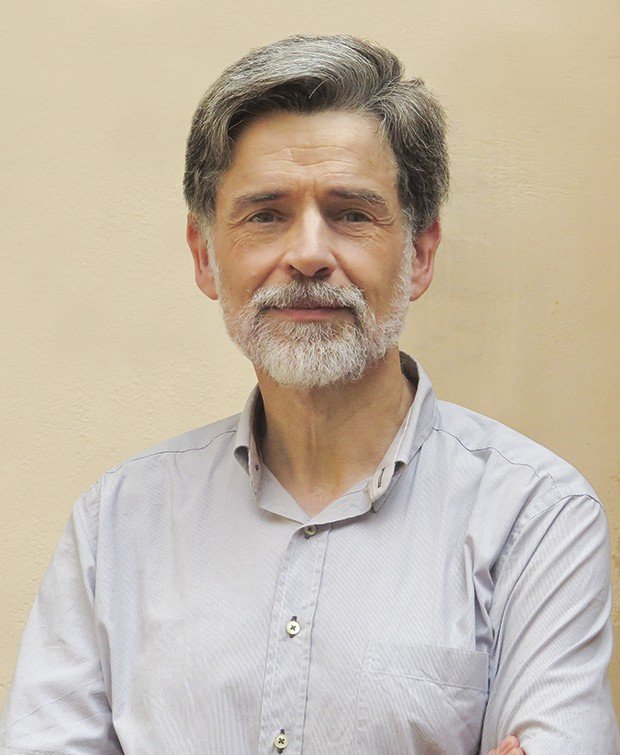7 famous pediatricians who really changed things.
1. Janusz Korczak

(1878/79-1942, Polish Jew)
I’m glad that it’s Korczak who heads the list (it’s chronological), as he is a man of a wide range, who wrote a lot and wisely, for children and about children, who dedicated himself to children, created a home for them (orphanage), and went to a concentration camp with them, although, they say, had the choice not to go. Born in a Jewish family, Korczak grew up an agnostic who didn’t believe in instilling religions in children by force. Instead, he deeply believed in a child themselves. His texts are an endless aesthetic food for the brain.
My review of his book “How to love a child” is here.
English translations:
- When I Am Little Again and The Child’s Right to Respect (1992)
- A Voice for the Child : The Inspirational Words of Janusz Korczak (1999)
- Ghetto Diary (2003)
- King Matt the First (2004)
- Loving Every Child: Wisdom for Parents (2007)
- Kaytek the Wizard (2012)
- How to Love a Child (2018)
2. Leila Denmark
(1898-2012, American)

One of the few long-lived people who is known for something other than longevity itself: the second female pediatrician and the third woman in the world with a medical education, co-inventor of the pertussis vaccine. She was one of the first doctors to oppose smoking and drugs, especially during pregnancy, considered cow’s milk harmful, supported the idea of fruit instead of juice and drinking only water, quite progressively, right?) She became a family pediatrician for several generations, and was passionately loved for her indifference.
The author of two books on education:
- Every Child Should Have a Chance (1971)
- Dr. Denmark Said It !: Advice for Mothers from America’s Most Experienced Pediatrician (2002)
3. Emmi Pikler
(1902-1984, Hungarian Jew)

Pickler’s husband was a mathematician and educator, and their views on the physiology of development coincided. The couple decided to test their theories on their own child, and to give her the freedom of movement, without interfering with the natural course of events; they proved that a child doesn’t need additional stimulation by movement and play. Pickler also found that every detail around the child is important (read – Montessori, who made identical discoveries at about the same time).
In the postwar period, Pickler founded an orphanage, where she tried to create the most free conditions possible for the development of children’s personality, and managed it for over 30 years. Pickler and her husband promoted the idea of the harm of traditional education.
This pediatrician is the inventor of the Pickler Triangle, which is adaptable to different age and needs of the child; it transforms from a slide to a climbing wall, house and more. The triangle is easy to adjust to a child’s heights.
Works:
- Laßt mir Zeit. Die selbständige Bewegungsentwicklung des Kindes bis zum freien Gehen. Untersuchungsergebnisse, Aufsätze und Vorträge. (Give me time. The independent movement of the child’s development to go free. Findings, articles and lectures.) (with Anna Tardos, 2001)
- Friedliche Babys – zufriedene Mütter. Pädagogische Ratschläge einer Kinderärztin. (Peaceful baby – happy mothers. Pedagogical advice of a pediatrician.) (2008)
4. Benjamin Spock
(1903-1998, American)

The world’s most famous pediatrician and somewhat controversial dude, on whom our generation grew up, but he is here, because he was actually ahead of the era, came up with new ideas and changed flexibly with society and reprints of his (one of the most republished books in history), which begins legendary. You know more than you think. ”
Spock was the first pediatrician to study psychoanalysis to understand children’s needs and family dynamics. It was his ideas that inspired many families to treat the child as an individual and to expand the scope of what is allowed, for which Spock was well criticized. As tormented by the unsupported theories with scientific evidence, in some places it is very true.
Spock and his wife were known for their social activism, and both wives helped him with books. His revolutionary second wife introduced him to yoga, meditation, macrobiotics, massage, and even shoved him into jeans at the age of 75. Which is not surprising, given that she was 40 years younger. As a result, Spock preached all sorts of things, and it is hard to understand which of the reprints is worth reading, but one thing is for sure: he certainly pushed public opinion). And Spock is an Olympic rowing champion.
Works:
- Baby and Child Care (1946, with revisions up to tenth edition, 2018)
- A Baby’s First Year (1954)
- Feeding Your Baby and Child (1955)
- Dr. Spock Talks With Mothers (1961)
- Problems of Parents (1962)
- Caring for Your Disabled Child (1965)
- Dr. Spock on Vietnam (1968)
- Decent and Indecent (1970)
- A Teenager’s Guide to Life and Love (1970)
- Raising Children in a Difficult Time (1974)
- Spock on Parenting (1988)
- Spock on Spock: a Memoir of Growing Up With the Century (1989)
- A Better World for Our Children (1994)
- Dr. Spock’s the School Years: The Emotional and Social Development of Children 01 Edition (2001)
5. Françoise Dolto
(1908-1988, French)

Born into a conservative religious family, Dolto had to fight for his own education. She studied to be a philosopher, nurse and psychoanalyst, and focused on child psychology. While the world raised children on Spock, in France they were raised on Dolto. Talking to a child in the womb, talking to her with her eyes down, telling her only the truth, talking to the child, explaining her actions as a doctor to a patient, talking to the child – this is Françoise Dolto.
Her grave read “Do not be afraid!”, And she considered the fear of death to be the fear of life.
Children related works:
- Psychanalyse et pédiatrie, medical thesis (1971)
- Séminaire de psychanalyse d’enfants (coop. Louis Caldaguès) (1982)
- Séminaire de psychanalyse d’enfants (coop. Jean-François de Sauverzac) (1985)
- La Cause des enfants, éd. Robert Laffont (1985)
- Enfances (1986)
- Enfant du miroir (with Juan David Nasio) (1987)
- Quand les parents se séparent (coop. Inès de Angelino) (1988)
- Lorsque l’enfant paraît (1990)
- Les Étapes majeures de l’enfance (1994)
- Les Chemins de l’éducation (1994)
6. William and Martha Sears
(1939-today, American)

William and Martha Sears are a well-known family of pediatricians and parents of eight children (one adopted) who preach the ideas of natural childbirth and natural parenting, breastfeeding, attachment, and share their rich experience as parents and pediatricians. In fact, Sears is considered the founder of the concepts of natural parenting and attachment theory.)
Works:
- Nighttime Parenting (1985)
- The Baby Book (1993)
- The Discipline Book (1995)
- SIDS: A Parent’s Guide to Understanding and Preventing Sudden Infant Death Syndrome (1996)
- The Complete Book of Christian Parenting and Child Care: A Medical and Moral Guide to Raising Happy Healthy Children (1997)
- The Attachment Parenting Book (2001)
- The Successful Child: What Parents Can Do to Help Kids Turn Out Well (2002)
- The Premature Baby Book: Everything You Need to Know About Your Premature Baby from Birth to Age One (2004)
- The Healthiest Kid In The Neighborhood (2006)
- The Pregnancy Book
- The Birth Book
- Parenting the Fussy Baby
- The A.D.D. Book
- The Breastfeeding Book
- The Family Nutrition Book
7. Сarlos Gonzales
(1960-today, Spain)

The pediatrician and the father of three. Carlos Gonzalez writes warmly, interestingly and in accessible language about everything that worries parents. He is an official advisor of La Leche Liga and conducts breastfeeding courses for medical professionals. I hope that more of his books will be translated into Ukrainian soon.
English translations:
- Kiss Me!: How to Raise Your Child with Love (2012)
- My Child Won’t Eat!: How to Enjoy Mealtimes Without Worry (2012)
- Breastfeeding Made Easy: A Gift for Life for You and Your Baby (2014)
I am glad that we have sort of managed to maintain gender equality in this list.



